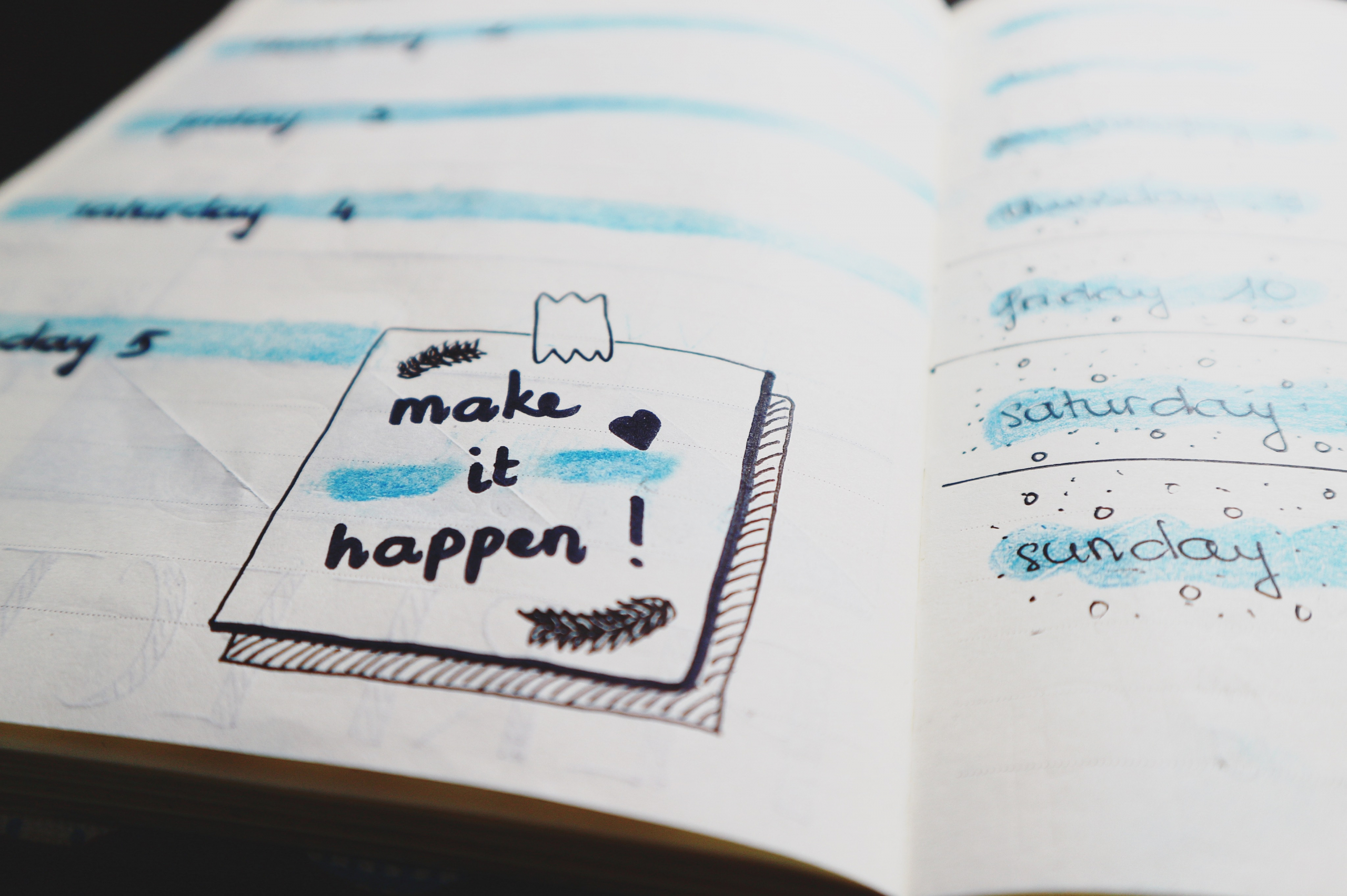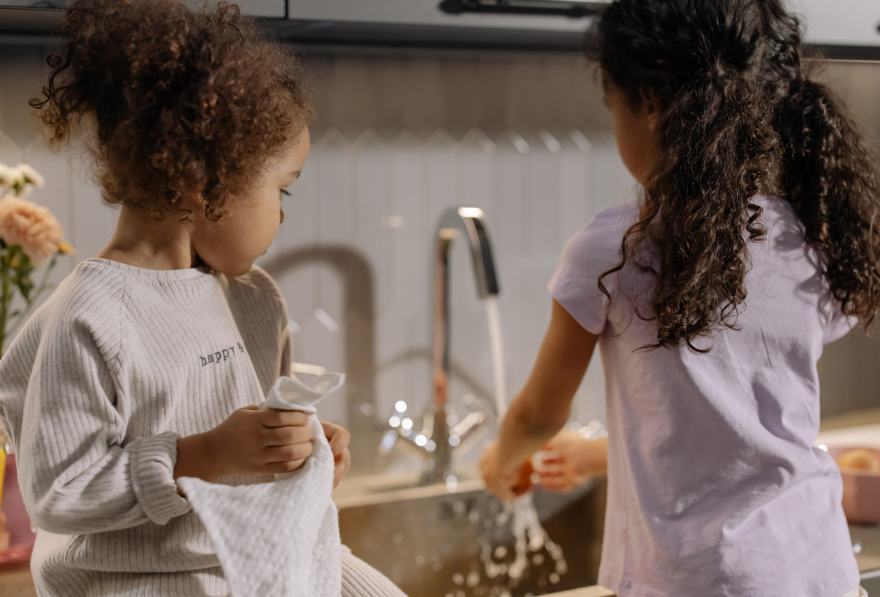What are everyday routines and why should I incorporate my speech and language goals?
Everyday routines are things you typically do each day. This is as simple as getting dressed in the morning, getting breakfast ready, weeding the garden, playing, or folding the washing.
The biggest advantage of including your own or your child’s speech therapy goals in daily tasks is that you don’t have to set time aside to get it done. It can decrease refusal in children, or the demand on adults to find time in an already busy schedule.
Practice outside of your speech pathology appointments is important for most therapies. Your therapist will provide more information about how much practice is helpful based on your individual goals.
Doing your own or your child’s therapy goals during daily activities helps to improve how quickly you reach that goal and how well you apply the new skill to various situations. There’s lots of research showing how ‘natural practice’ is the most meaningful.
What are some examples?

There are lots of ways to incorporate speech therapy goals into daily activities. Here are just a few examples of how you can transform routines into an opportunity to build speech and language.
Folding the laundry
- Vocabulary: Sort items of clothing into sizes (big, medium, and small). This can help with learning new concepts.
- Word relationships: put clothes into piles depending on what body part they are put on (e.g. pants and shorts go together because they both go over your legs).
- Find items that have your speech sound. For example, if you are working on the /s/ sound describe all the socks that are in the washing (spotty socks, green socks, long socks).
- Understanding sentences: ask your child/communication partner to find items based on descriptions. For example, “can you find something red that goes on your feet?”
Breakfast time
- Order of events/retell: Practice saying what you will do, or what you have done in the correct order. This is important for procedures, giving instructions, and also telling people about things you have done.
- Asking for items: You can help your child/communication partner to practice asking for items. This helps with building sentences, social requests, and learning items.
- Themes for sounds: Plan a breakfast which has a few of your child’s/your speech sounds. For example, /b/ – bread, banana, butter, bowl, bag.
Grocery shopping
- Language memory: practice how many items you can remember from your list without checking. First talk about each of the items (e.g. pear – “it’s a fruit, it’s green”), say the list out loud, then see how many things you/your child can remember.
- Speech sounds: help your child/communication partner to notice items that have their speech sound. This can help bring their attention to their goal, without the pressure of saying it.
- Recreate the experience at home: once you go to the shops, help your child to use the language they have heard by playing ‘shops’ in your own home.
In the backyard
- Descriptions: play eye spy to help build describing words. For example, I spy something that is tall and green.
- Following instructions: Give your child/communication partner an instruction based on their language goals. For example ‘on’/‘under’. “Put the pot on the table. Put the shovel under the tree.”
These are great ideas, but how can I plan it?

The first step is to make sure you understand your child’s/you own goals. Your speech pathologist can help you plan out activities based on your specific therapy.
They will help you determine what you are trying the achieve, the level of difficulty to aim for, how to change the activity if it’s too easy or too hard, and what activities will work best.
You can help your therapist by using open communication about what you feel is achievable and your daily activities.





